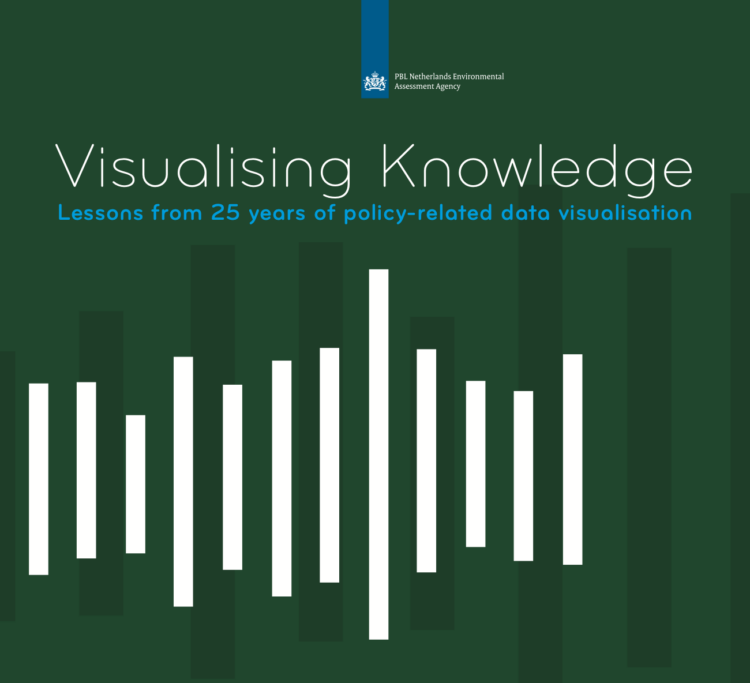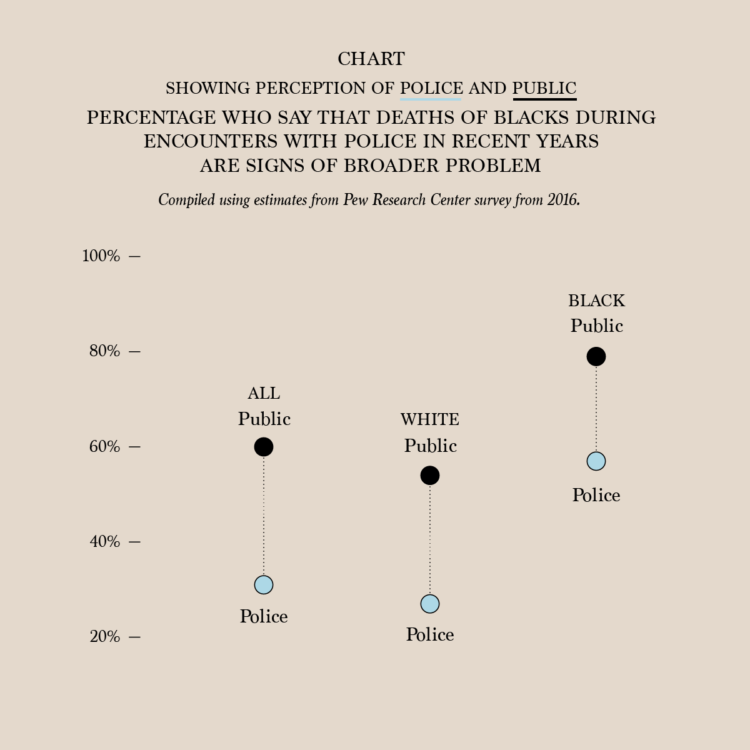Visualising Knowledge is an open book from PBL Netherlands Environmental Assessment Agency, based on 25 years of making charts:
PBL data visualisation is about visualising research results, using graphs, maps, diagrams and infographics. Over the years, the variety in types of visualisation formats has greatly increased. In addition, visualisations have to be presented in an increasing number of different media: from figures in reports to interactive visualisations that are easy to read on smartphones and tablets.
The book ‘Visualising knowledge’ provides insight into how visualisations at PBL are created in a process of close collaboration between visualisation experts, researchers and communication experts, always keeping in mind both the medium and the target audience.
The original version is in Dutch, and they just published an English version. Download either version here.



 0000-0002-8715-2896 Combatting Neglected Tropical Diseases: Much Progress, but Millions of Neglected Patients Lack Access to Care post-info AddThis Sharing Buttons above Julien Potet of Médecins Sans Frontières discusses recent successes and presents suggestions for the next
0000-0002-8715-2896 Combatting Neglected Tropical Diseases: Much Progress, but Millions of Neglected Patients Lack Access to Care post-info AddThis Sharing Buttons above Julien Potet of Médecins Sans Frontières discusses recent successes and presents suggestions for the next